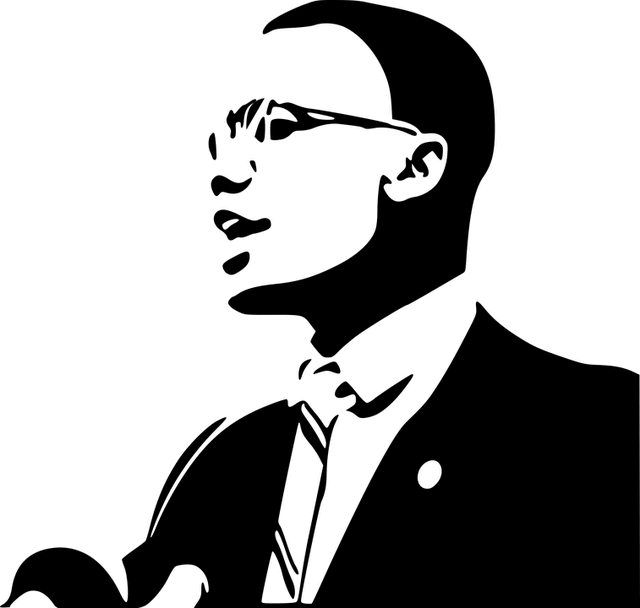Teaching

Teaching Philosophy
My teaching philosophy is based on the Socratic Method encouraging a progressive discourse between students and instructor. I believe that the resulting bidirectional discussions foster active learning and build students’ critical thinking skills.
Examples of Methodology
- Flip the classroom using integrative platforms
- Illustrate how psychology is in action all around us by incorporating current events and popular media into discussion of class material
- Use the art of storytelling to model the application of course material to the real world
- Assign introspective application papers to encourage students to make material personally relevant and memorable
- Use clickers for interactive discussion polls or quizzes
- Demonstrate problem solving skills
- Set-up mock research experiences

Solid Foundation
A good class begins with a solid foundation. My syllabus provides students with clear expectations for the class and material is readily available on the classroom repository site from day one. I post frequent announcements and update the classroom site on a regular basis. Beyond my dedicated office hours, if my door is open, students are welcome to stop in to ask questions or share their struggles and triumphs with me. When teaching online, I have a very visible presence in the virtual classroom. My teaching approach is informed by research. I introduce the science of learning and discuss effective study habits such as spaced study intervals and frequent quizzing early in the semester. Engaging the students in actively looking for connections between course information and real life helps make what they are learning salient and meaningful, which bolsters their learning experience.